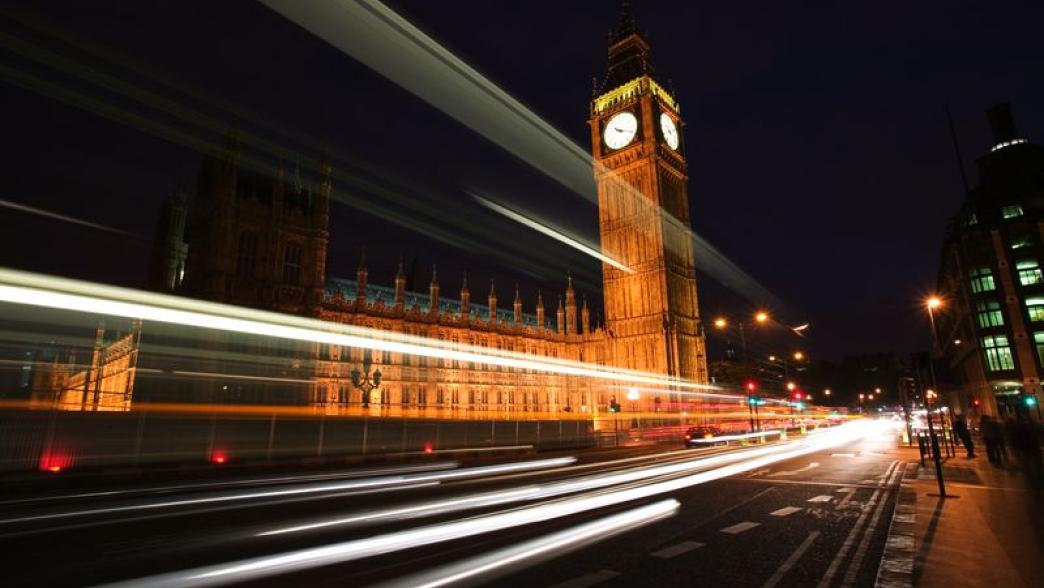Explainer
Emergency debates in parliament


The third election to the post of Mayor of Tees Valley will take place on 2 May 2024.
Sadiq Khan is standing for mayor of London for the third time. Who are the other mayoral candidates? How does devolution to London work?
Who are the candidates for York and North Yorkshire mayor? What powers will the new mayor hold?
How will the first mayor of the North East be elected? Who are the candidates?